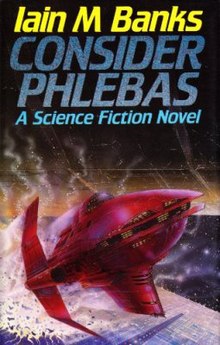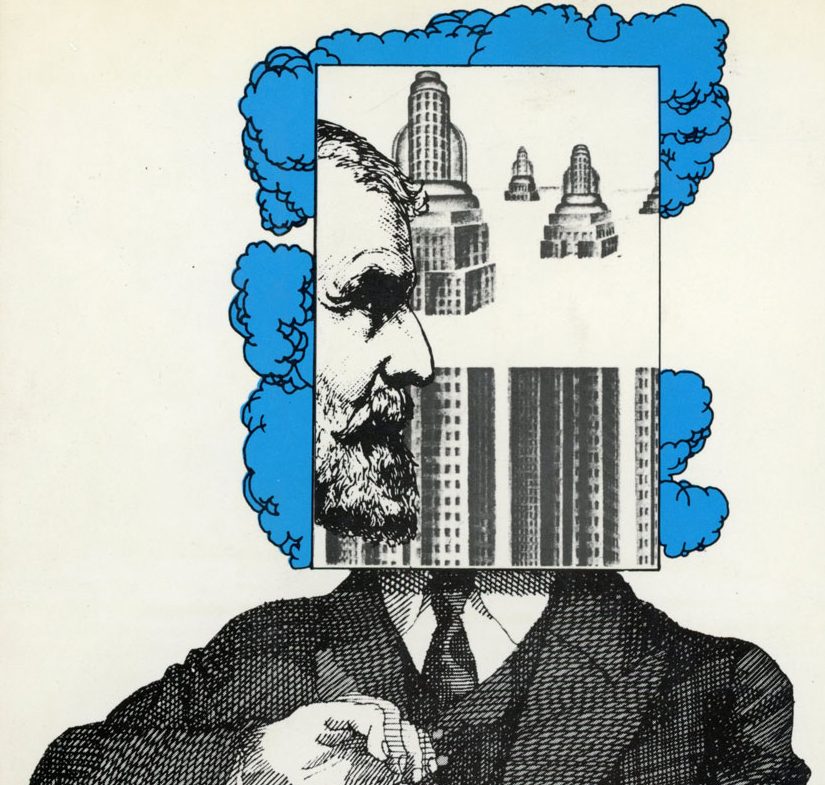
Part of the Culture series, this is one of the most entertaining sci-fi reads you'll find. The main character, Horza, is an anti-hero. You like him because he's an unscrupulous, survivor. He can change his shape and appearance and uses this ability to supplant, Kraiklyn, the captain of a mercenary ship.
The most enjoyable part of the book is Kraiklyn's assault on the Temple of Light. The monks in the temple, far from easy targets, are quite capable of defending their sanctuary, a temple built as a defendable fortress. When Kraiklyn's team fire lasers in the temple, the walls reflect the light, blinding them and the monks take advantage.
Horza's shape changing ability is a reflection of the changing status of English citizens. Banks, of course, is from the UK. By the '70s and '80s, the demographic of the UK had changed greatly. Many of the country's colonial sons and daughters had moved to the metropole, adding diversity to what had, for centuries, been a country of Anglo-Saxons.
After immigrating, second generation citizens became somewhat homogenous English citizens. Sons and daughters of mixed marriages could easily pass as traditionally English people. Although, their status was effectively hybrid. And many immigrants held a certain hostility toward the British for exploiting their ancestor's homeland.
Horza is the rise of Enoch Powell's feared other, and he willingly wields the whip.
The intelligent ship that we encounter at the beginning of the novel is another reflection of the day's postcolonial reality. No dumb vessel, this ship thinks for itself and can avoid larger, slower moving fleets.
The book is also in a series called the Culture series. The cultural analog to the cultural practices in the book is found in the culture of the UK, especially as colonial power. During the colonial period, the British exerted influence abroad by educating colonial peoples in the British system. Teach others your customs, language, history, and values, and they become much easier to control. But, in respect, those educated in your own system also can much more easily infiltrate your own society.
How can you tell apart hybrid members of your society that are thoroughly indoctrinated into the system? If Horza is our example, not all that easily. It should also be instructive that when Horza does take on the likeness of Kraiklyn, he is rewarded for it. He fulfills the Freudian boyhood wish to supersede and fill the patriarchal place of authority. This itself is Banks' long, hard look at British society. The preeminent British Empire was gone, replaced with its own ersatz creation.
Ready for More Rapid Transmissions?
Keep Transmitting!



